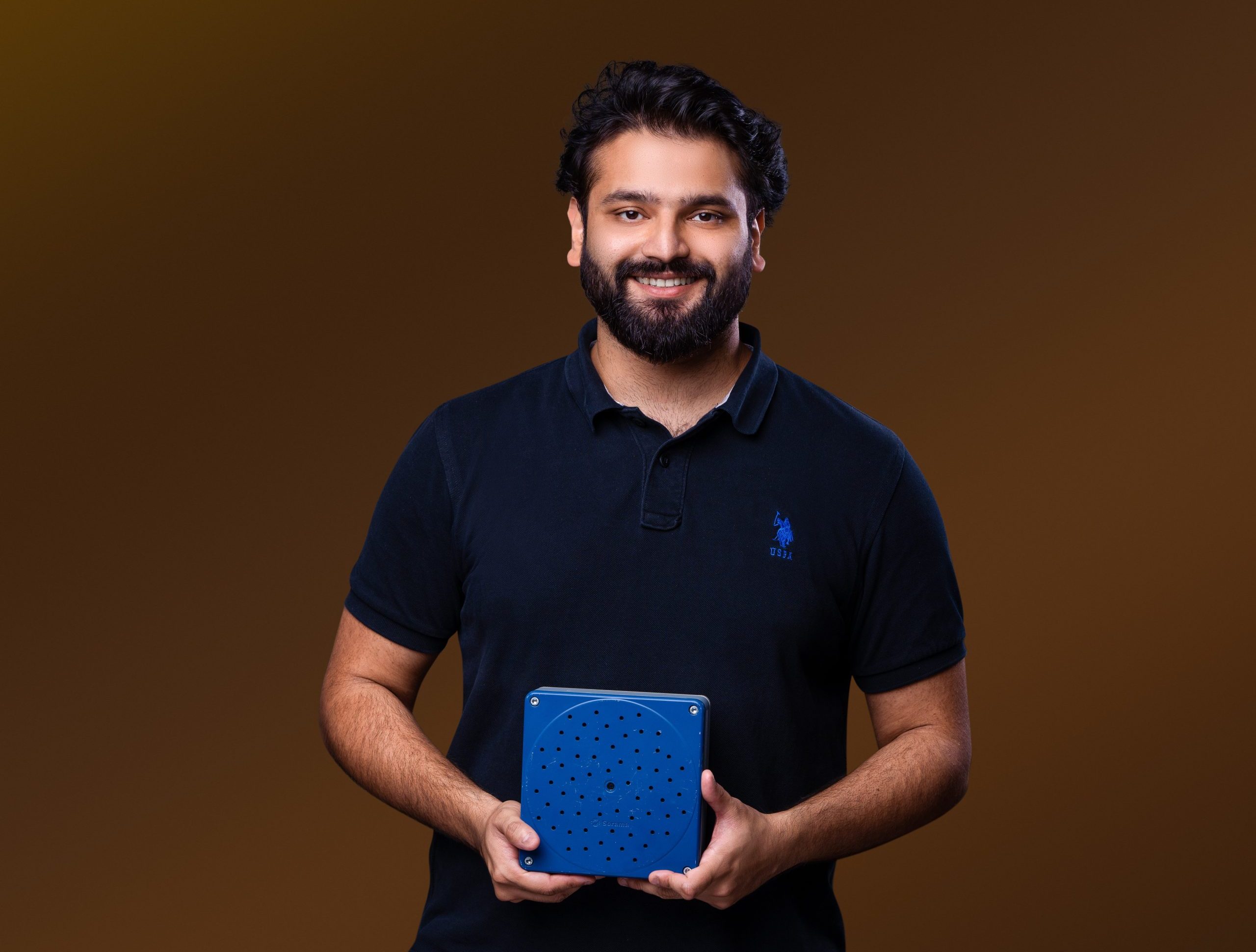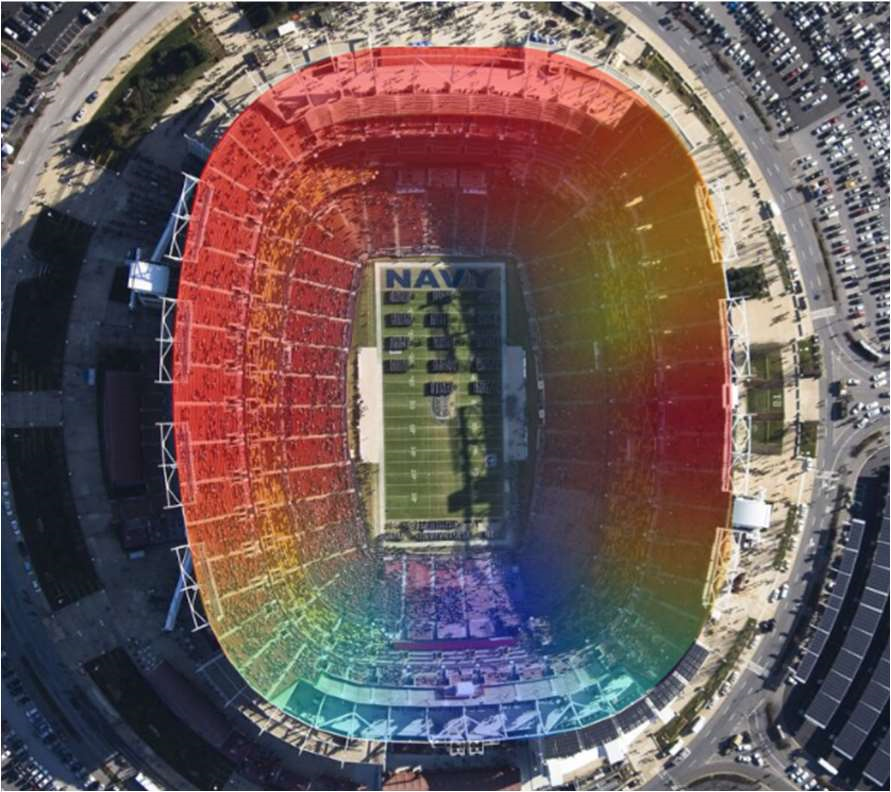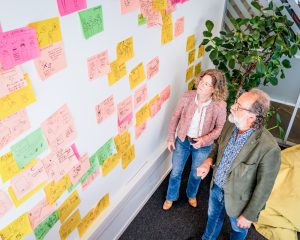Tackling Europe’s Invisible Health Threat

Tackling Europe’s Invisible Health Threat
Hi, my name is Devansh Kandpal. I’m 27 years old and I’m an Acoustics R&D Engineer at Sorama as well as an EngD trainee in Smart Buildings and Cities at TU/e.
Noise pollution is one of the largest contributors to poorer health in the European Union (EU). Disturbance of sleep due to environmental noise leads to the loss of millions of hours of sleep, which is directly responsible for added stress and poorer quality of life for residents of the EU. Addressing this issue, the OpenCall project VIPNOM has been conceived to develop advanced methods for noise measurement and visualization. VIPNOM, which stands for Virtual Position Noise Measurement, is a consortium between Sorama, TU Eindhoven and ReSound. It represents a convergence of diverse engineering disciplines, all focused on innovating scalable technologies that will revolutionize how noise is measured and visualized across various scenarios. I am pleased to undertake the assignment for my EngD traineeship as part of this project. The focus will be on resolving the inaccuracies identified in noise level recordings.
Revolutionizing stadiums and highways
VIPNOM’s breakthroughs have notably enhanced smart stadiums and highways. By integrating advanced, real-time audio capture algorithms, Sorama’s acoustic monitors can now effectively map noise data. This technology has transformed stadiums into intelligent arenas that utilize noise levels to foster positive fan conduct, thereby ensuring a secure and welcoming atmosphere.
In parallel, these principles have been adapted to monitor vehicular noise on highways. Sorama’s acoustic cameras serve as ‘noise radars’, pinpointing excessively loud vehicles to cultivate a more serene environment. These two applications have been adopted worldwide.

Enhancing accuracy through innovation
In some cases Sorama encounters inaccuracies in noise level recordings due to environmental variables and hardware constraints. The VIPNOM team is proactively addressing these issues through multiple approaches. These include designing predictive machine learning models to compensate for losses, using acoustic models to account for environmental conditions and how noise propagates in the same, and using physics-based compensation solutions for acoustic inaccuracy.
As part of this effort, I focus on crafting digital signal processing (DSP) algorithms essential for calibrating acoustic monitors in expansive venues like sports arenas. My work extends to creating simulations and visualizations that improve the spatial accuracy of beamformers within Sorama’s acoustic monitors, as well as developing transfer functions derived from acoustic modeling to further refine their performance.
A quieter world through acoustic innovation
VIPNOM aims to raise awareness about environmental noise and the health risks that it poses. We aspire to do this by creating new technologies that visualize noise in different ways. We aim to harness collected noise data to create solutions that make the world a quieter and healthier place to live in.
We aim to harness collected noise data to create solutions that make the world a quieter and healthier place to live in.
